We may earn money or products from the companies mentioned in this post. This means if you click on the link and purchase the item, I will receive a small commission at no extra cost to you ... you're just helping re-supply our family's travel fund.

Travelers read places by taste, tone, and tempo, yet scams often use the same tools. A stranger offers help with perfect timing, a price shifts after the fun begins, or urgency floods a quiet moment. Most ploys aim to rush a decision or isolate someone from familiar checks. Spotting the pattern restores calm and choice. These red flags pull from common schemes across busy cities and resort towns. Each one favors steady pace, clear boundaries, and small habits that keep money and time intact.
The Taxi Meter That Just Broke
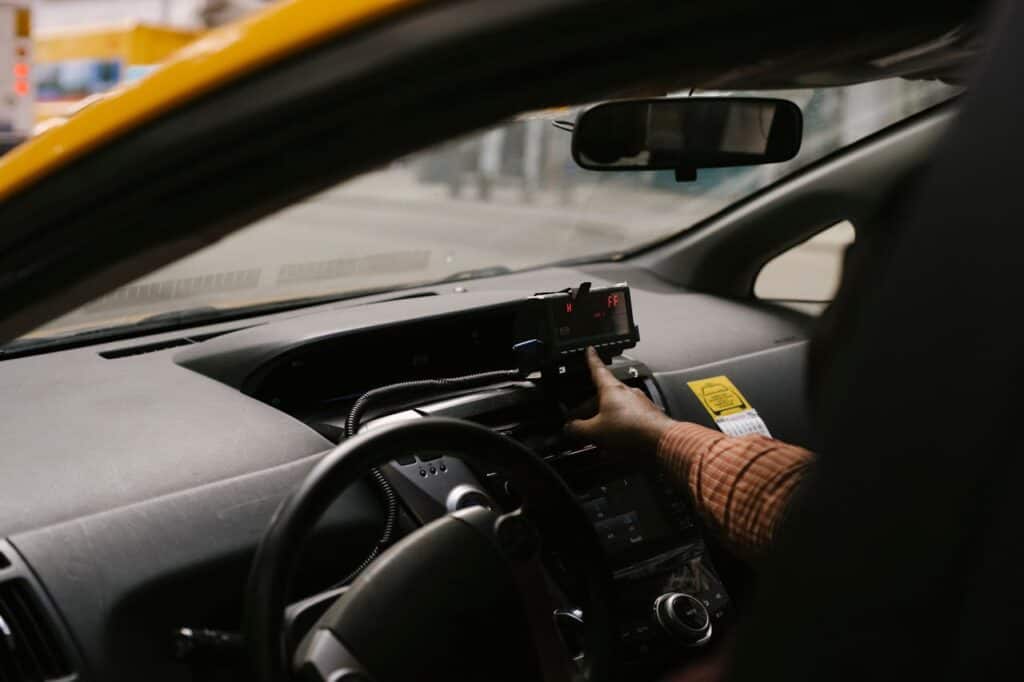
A driver announces a broken meter and proposes a flat fare that sounds generous. The ride slides into traffic while price anchors vanish, and the final number climbs with every turn. A traveler who confirms the meter before boarding, names a route, or uses an official stand retains leverage. Apps, radio cabs, and posted city rates help, as do receipts. If a meter fails in motion, asking to stop at a busy corner typically resets the dynamic quickly.
The Free Gift That Demands Payment

A bracelet slips onto a wrist, a flower lands in a hand, or a charm is pinned to a shirt as a friendly welcome. Seconds later, a demand arrives for cash, and a second person blocks the path with practiced insistence. The move converts politeness into pressure and trades surprise for control. Keeping hands visible and moving with purpose through vendor clusters reduces openings. Returning the item calmly and stepping toward a crowd usually ends the scene.
The Spill And Rescue Routine

Coffee, ice cream, or a bird drop hits clothing, and helpful strangers rush in with tissues and attention. While one fusses at the stain, another reaches for pockets or bags as cover. The choreography leverages embarrassment and haste to hide the real goal. A traveler who pauses, checks valuables, and moves to a wall or doorway resets the clock. Cleaning up in a café with staff nearby turns a setup into a simple mishap.
The Clipboard Petition Or Sudden Donation

A young person with a clipboard blocks the sidewalk with an urgent cause and a signature line. A second page reveals a request for a “small donation,” then larger bills appear when change runs short. The tactic uses moral pressure to trap a rushed yes. Reading the header, asking for a website, or taking a photo of credentials drains the script of power. Most petition crews fade quickly when details are recorded rather than paid.
The Closed Attraction Redirect

A friendly local explains that a museum, temple, or office is closed for lunch and offers a helpful detour to a cousin’s shop or a special tour. The real destination is a commission desk with high prices and limited choice. Official hours posted online or on gates tell the truth. Walking to the entrance personally, checking with uniformed staff, and avoiding side streets during this conversation keep the day on course without argument.
The Helpful ATM Guide
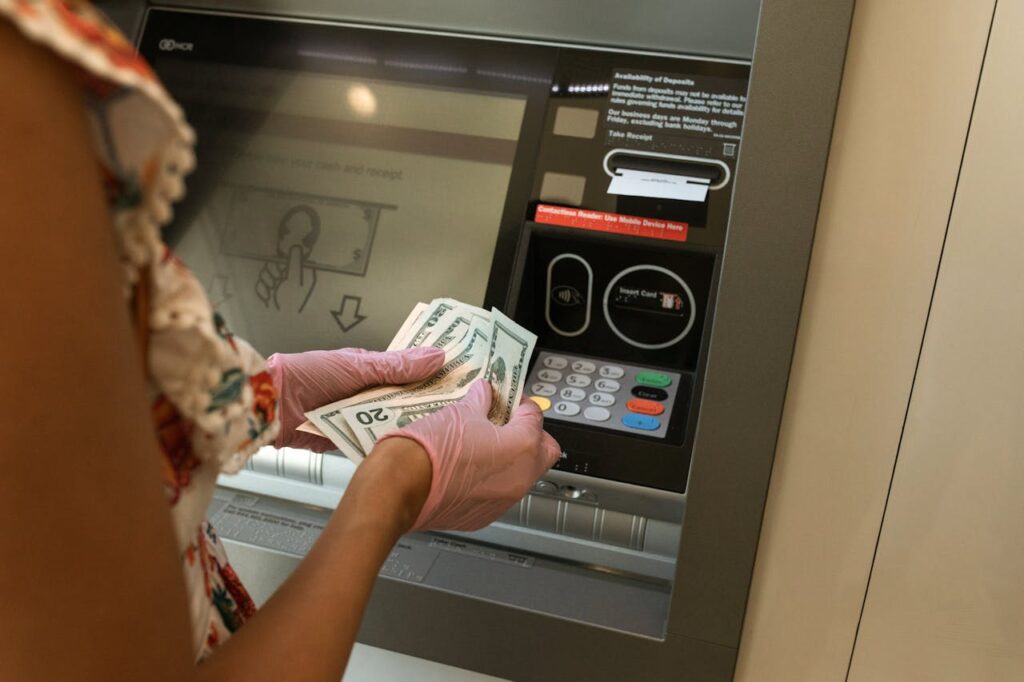
A passerby points out an easier machine or offers assistance with a finicky keypad. Fingers hover near the screen, idle chat distracts, and a card skimmer or camera may be in play. The goal is a PIN and a copy of the card, not kindness. Choosing indoor bank ATMs during business hours, covering the keypad, and canceling the session at the first odd prompt protect funds. Any helper at an ATM is a reason to change locations.
The Currency Switch At Payment
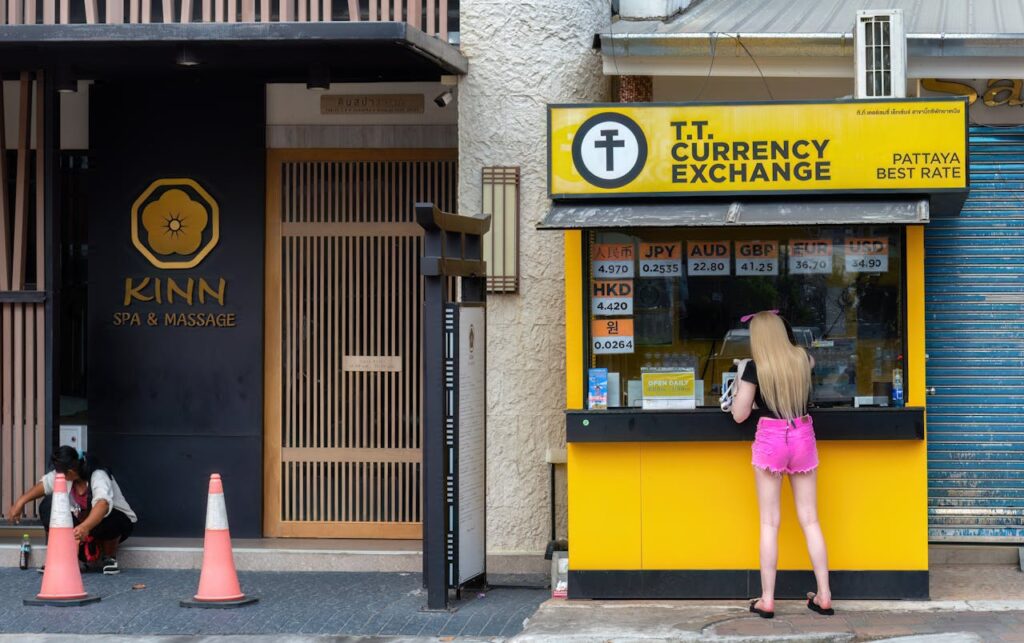
A merchant claims a large bill is fake or wrong, swaps it under the counter, then returns a different note as proof. Confusion and language gaps carry the moment. Counting aloud, using small bills, and watching bills stay in sight during the exchange choke the trick. Receipts with denominations help later disputes. If a note is questioned, retrieving it immediately and paying with a card or exact change ends the theater before it grows.
The Free Tour That Ends In Pressure
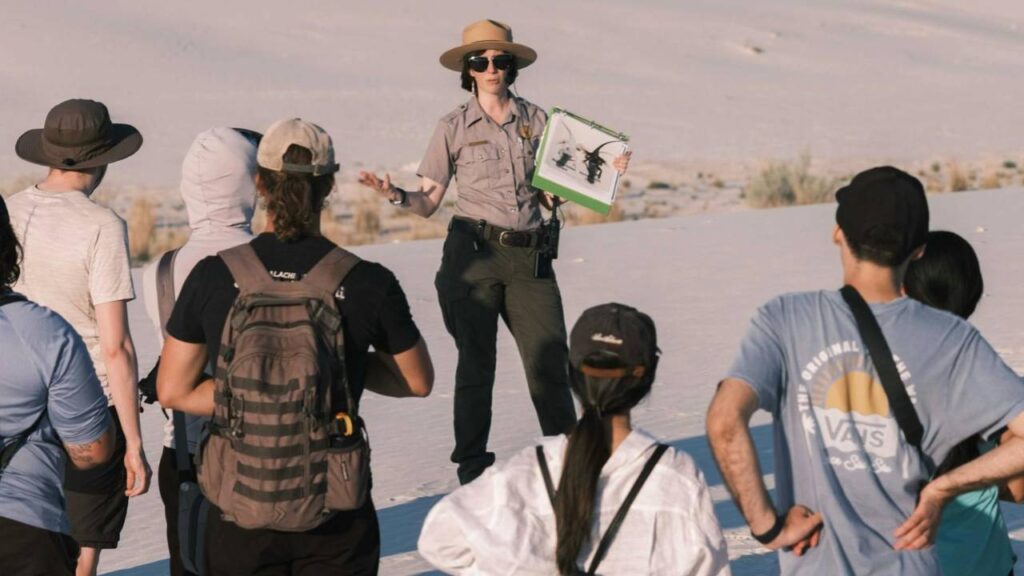
A cheerful guide offers a free walk with light history and a few snacks, then steers the group to partner shops. At the end, a “voluntary” tip becomes a hard sell with fixed amounts and shaming. The value can be fine, the exit is not. Asking about group size, route, and tip policy at the start sets tone. Small, licensed tours with clear prices, or self guided audio with a map, preserve curiosity without the squeeze.
Menu Tricks And Price By Weight
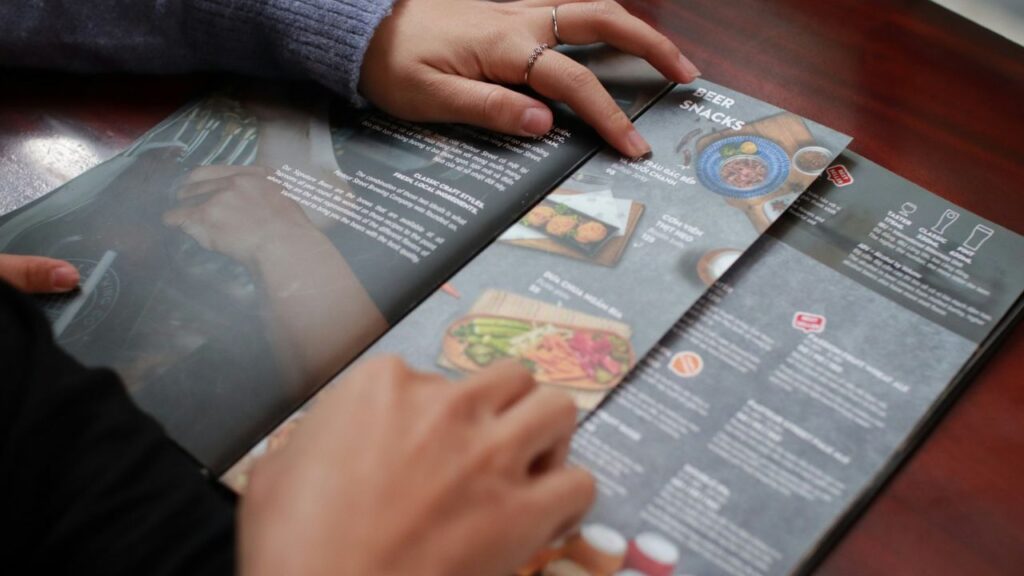
Seafood or steak is priced per 100 grams, yet staff carve heavy, and totals leap. Some venues hide service fees or charge for bread that arrives unasked. The trick turns a simple meal into math built to confuse. Reading the menu front to back, confirming price units, and weighing the cut in view limit surprises. Declining unsolicited items politely and requesting a printed bill slow the moment and keep numbers honest.
On The Spot Fines From False Police
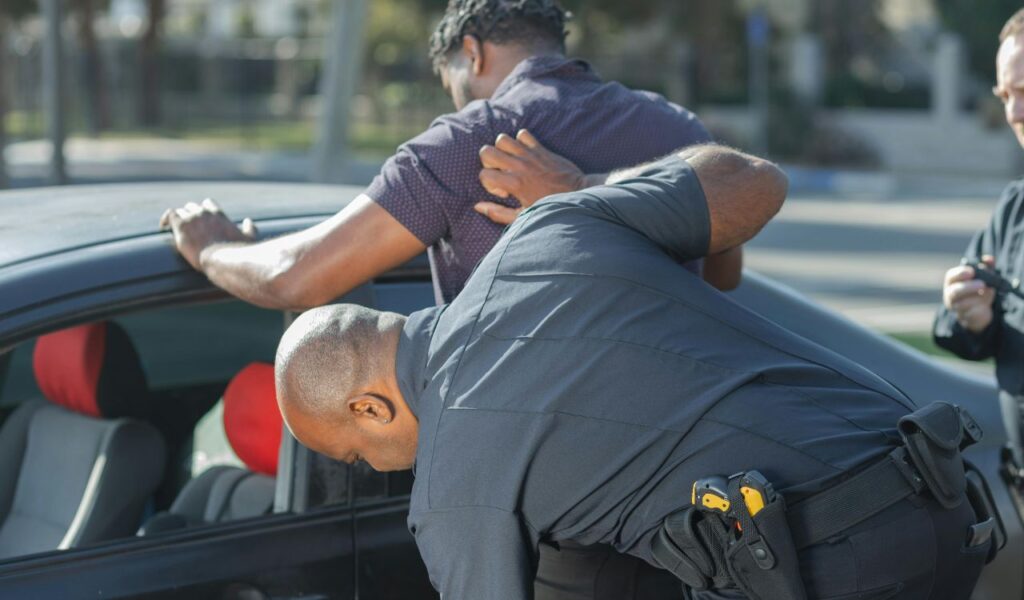
Plainclothes “officers” claim an ID check or a currency inspection and demand cash immediately. The move banks on fear of authority and embarrassment in public. Real police present IDs, badges, and often invite resolution at a station. Asking to see identification, requesting a uniformed officer, or suggesting a walk to the nearest station usually clears the street of impostors. Crowds and cameras help truth surface fast without confrontation.
Rental Damage That Wasn’t There
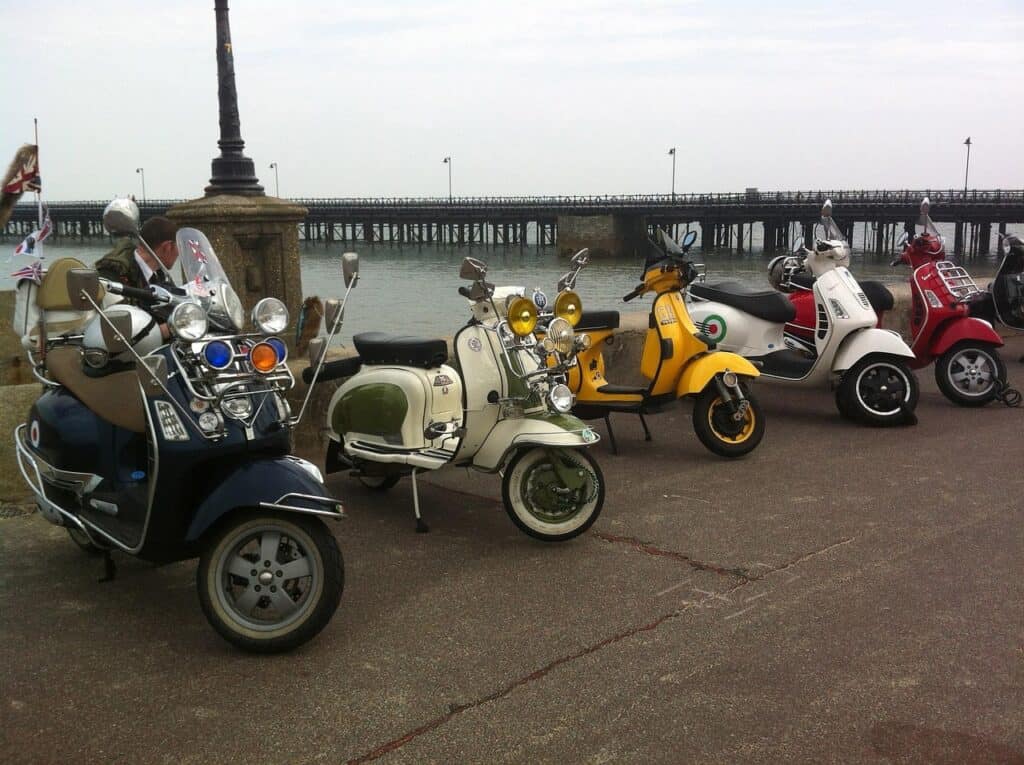
Scooters, bikes, or cars return on time, yet staff point to scratches and charge a high fee. The tactic exploits gaps in before and after records. Taking photos and video at pickup and drop off, noting dents on a form, and keeping fuel and time stamps handy make disputes short. Choosing reputable firms with clear deposits and reading the contract slowly reduce exposure. When documentation is solid, the claim often evaporates on its own.